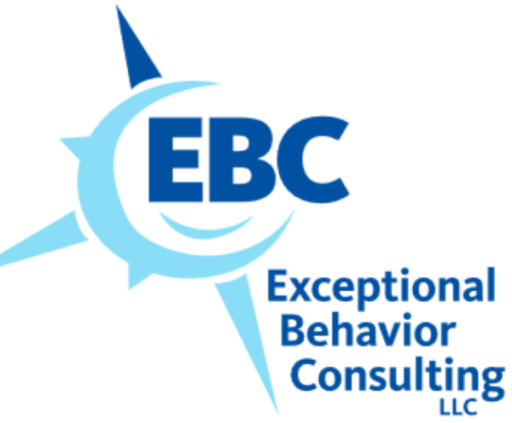Autism Spectrum Disorders (ASD) encompass a range of neurodevelopmental conditions characterized by challenges in social interaction, communication, and repetitive behaviors. Understanding the signs and symptoms of ASD is crucial for early diagnosis and intervention, which can significantly improve outcomes for individuals on the spectrum.
Key Signs and Symptoms of Autism Spectrum Disorders
● Social Interaction Difficulties
- Limited Eye Contact: Children with ASD often avoid eye contact and may not respond to their name being called.
- Lack of Interest in Peer Relationships: They might not show interest in playing or interacting with other children.
- Difficulty Understanding Social Cues: Recognizing facial expressions, body language, and social norms can be challenging.
● Communication Challenges
- Delayed Speech and Language Skills: Some children may start talking later than usual or may not speak at all.
- Repetitive Speech: Echolalia, the repetition of words or phrases, is common.
- Difficulty in Conversations: They might struggle to start or maintain conversations and often speak in monologues about their interests.
● Repetitive Behaviors and Routines
- Repetitive Movements: Hand-flapping, rocking, or spinning are typical behaviors.
- Insistence on Sameness: A strong preference for routines and a resistance to changes in their environment.
- Special Interests: Intense focus on specific topics, objects, or activities.
● Sensory Sensitivities
- Overreaction to Sensory Input: Sensitivity to lights, sounds, textures, or smells.
- Underreaction to Sensory Input: May not respond to pain or extreme temperatures.
Understanding the Spectrum
ASD is described as a spectrum because symptoms can range from mild to severe and vary widely among individuals. Some may have high functioning skills in certain areas while facing significant challenges in others. Early identification and intervention are key to helping individuals with ASD lead fulfilling lives.
Interventions for Autism Spectrum Disorders
How can interventions help individuals with Autism Spectrum Disorders (ASD)?
Interventions for ASD are designed to address the unique challenges faced by individuals on the spectrum, enhancing their quality of life and promoting independence. A multi-disciplinary approach is often most effective, involving a team of professionals.
Types of Interventions
- Behavioral Interventions
- Applied Behavior Analysis (ABA): ABA focuses on improving specific behaviors such as social skills, communication, and academics. It involves breaking down tasks into manageable steps and reinforcing positive behaviors.
- Positive Behavioral Support (PBS): PBS aims to reduce challenging behaviors through proactive strategies and environmental modifications.
- Educational Interventions
- Individualized Education Programs (IEPs): Tailored educational plans that address the specific needs and strengths of the child, often including specialized teaching strategies and supports.
- Special Education Services: Schools may provide additional support through specialized classes or one-on-one assistance.
- Speech and Language Therapy
- Helps improve communication skills, whether verbal or non-verbal, by teaching alternative methods such as sign language or using communication devices.
- Occupational Therapy (OT)
- Focuses on developing daily living skills, fine motor skills, and sensory integration to help individuals function better in their environments.
- Social Skills Training
- Programs designed to teach social interaction skills, helping individuals understand social cues and build meaningful relationships.
- Medical and Nutritional Interventions
- Medication may be prescribed to manage symptoms such as anxiety, attention deficits, or severe behavioral issues.
- Nutritional support can address dietary needs or sensitivities common in individuals with ASD.
Helping Your Child Thrive with Early Autism Interventions
Early diagnosis and intervention are crucial for individuals with Autism Spectrum Disorders. By understanding the signs and symptoms, and utilizing a variety of interventions, we can help those with ASD lead more independent and fulfilling lives.
So, if you suspect your child may be on the spectrum or need support, consider reaching out to Exceptional Behaviour Consulting for professional guidance and tailored intervention plans.

